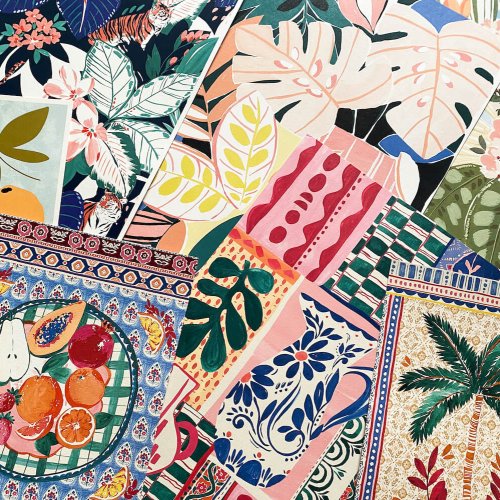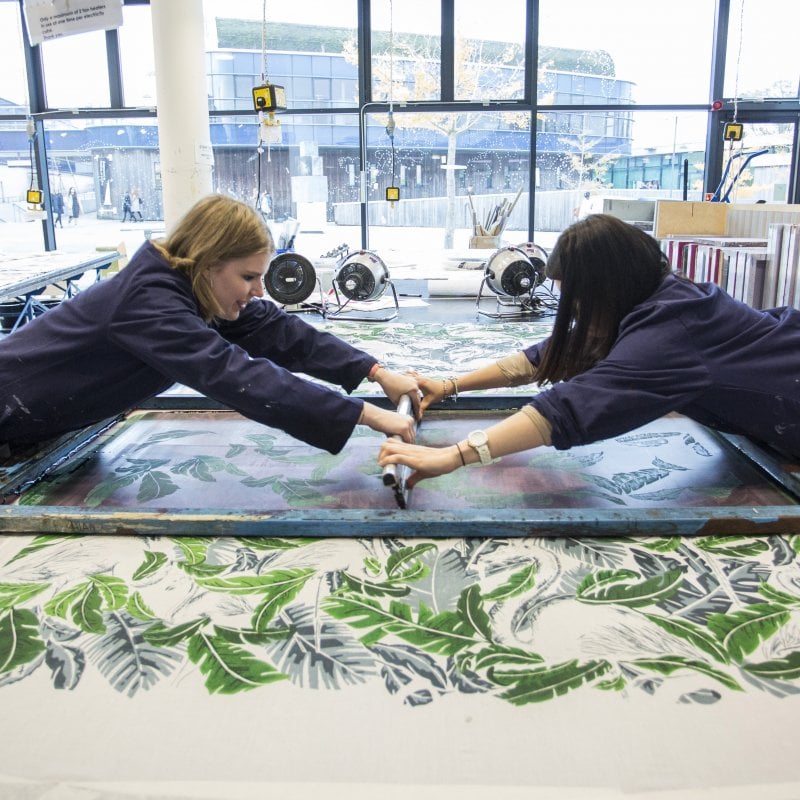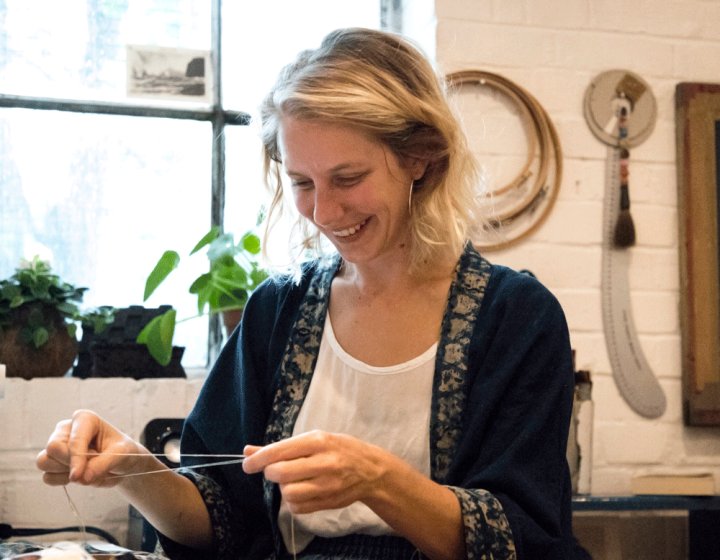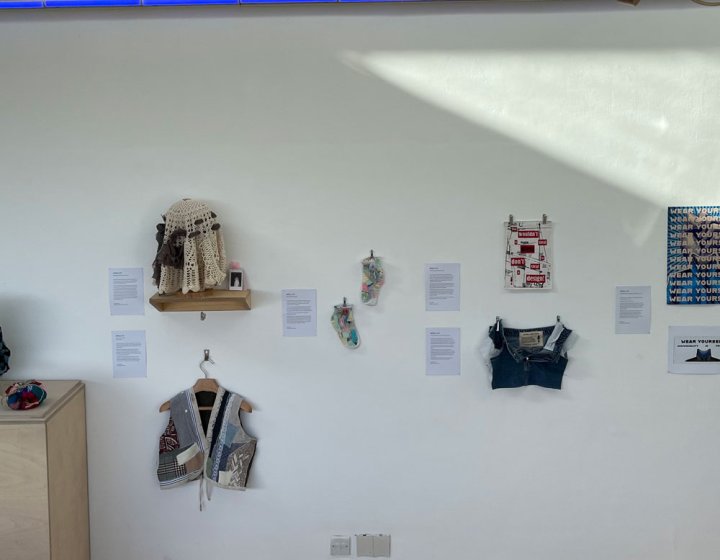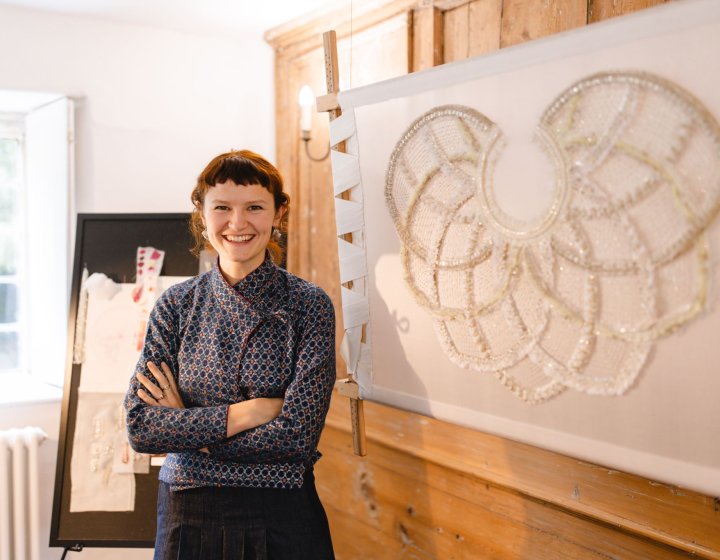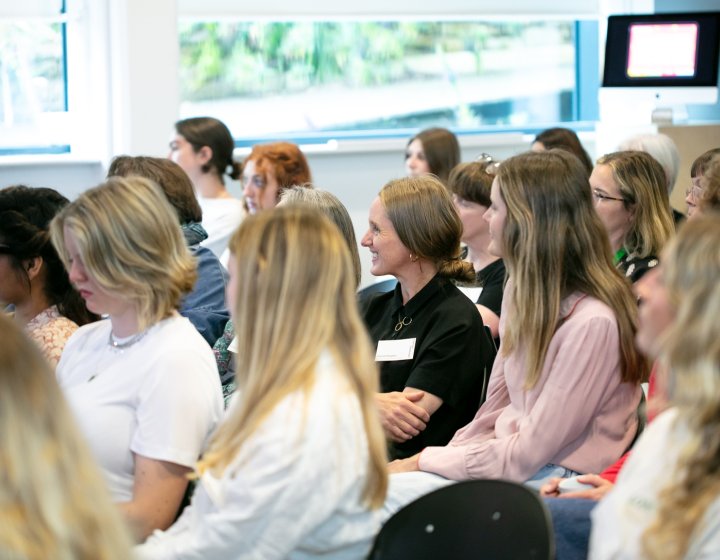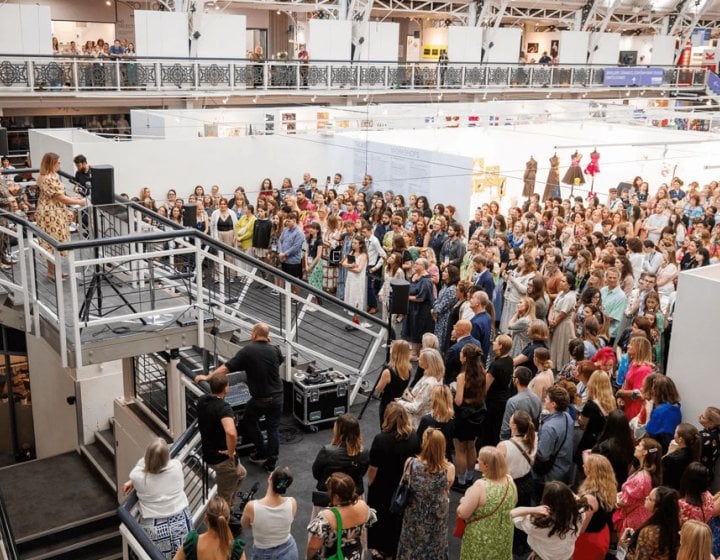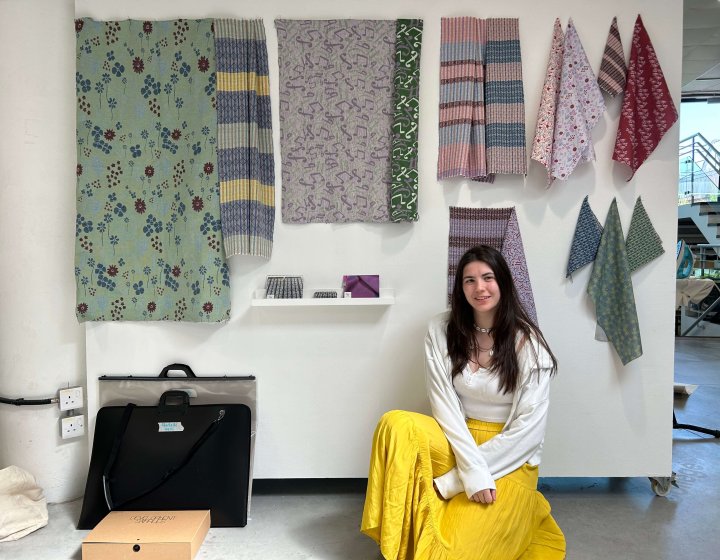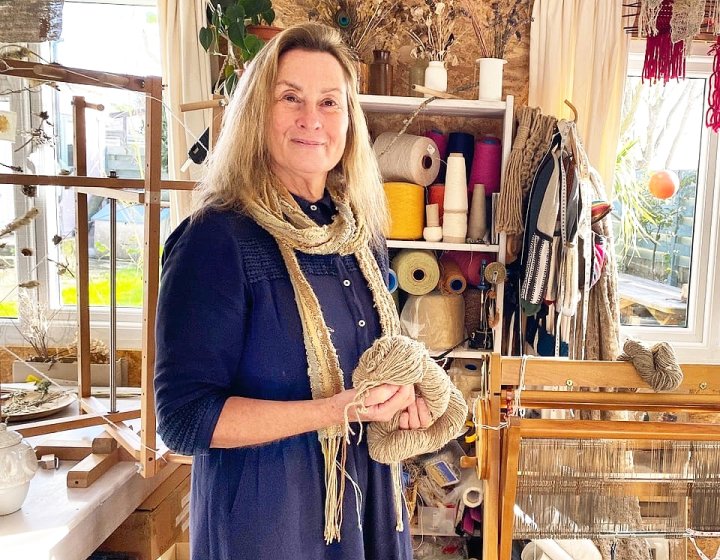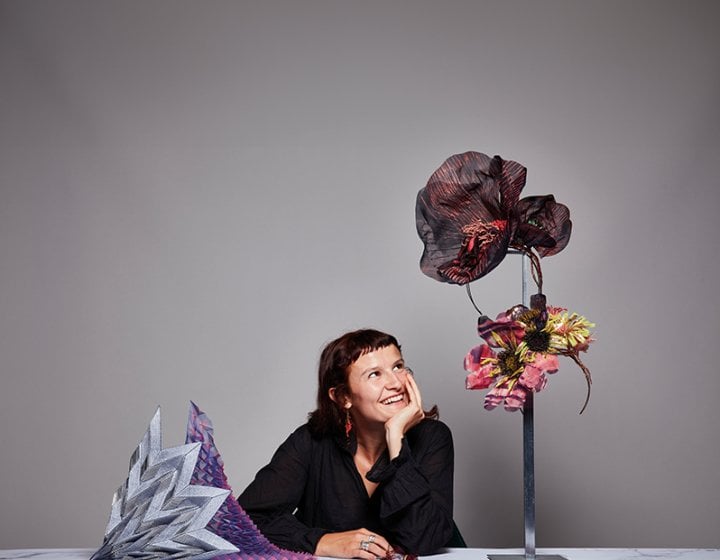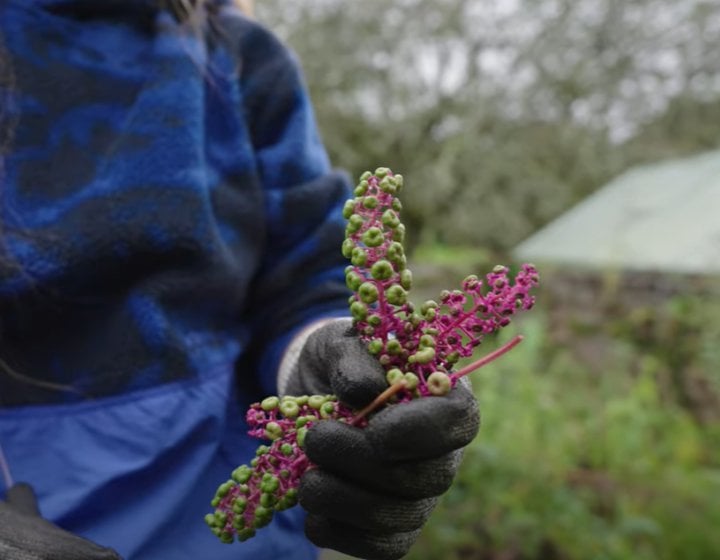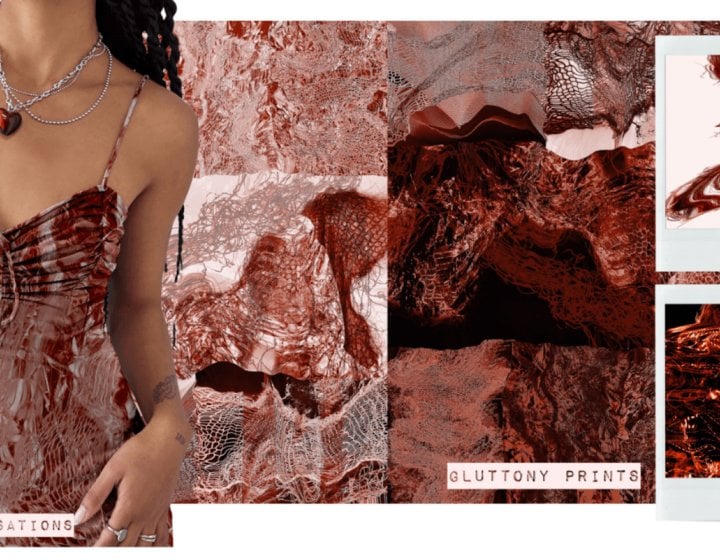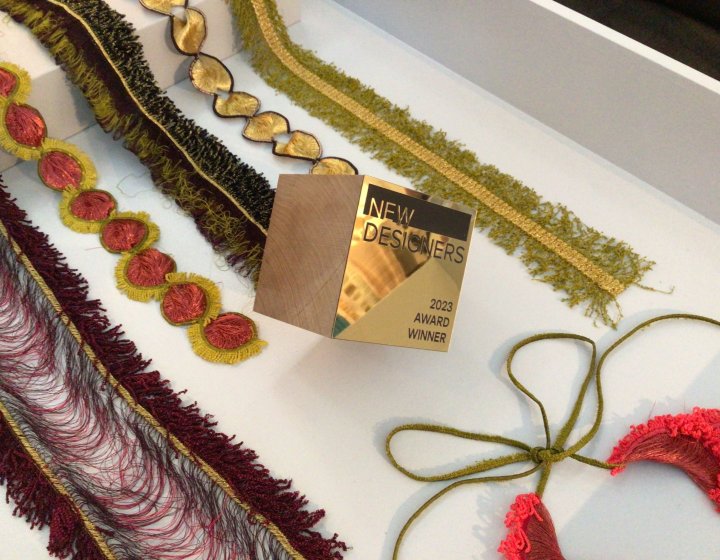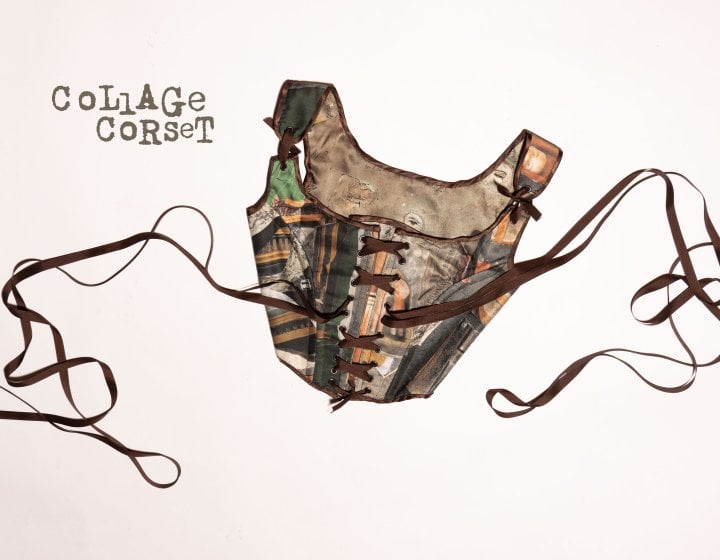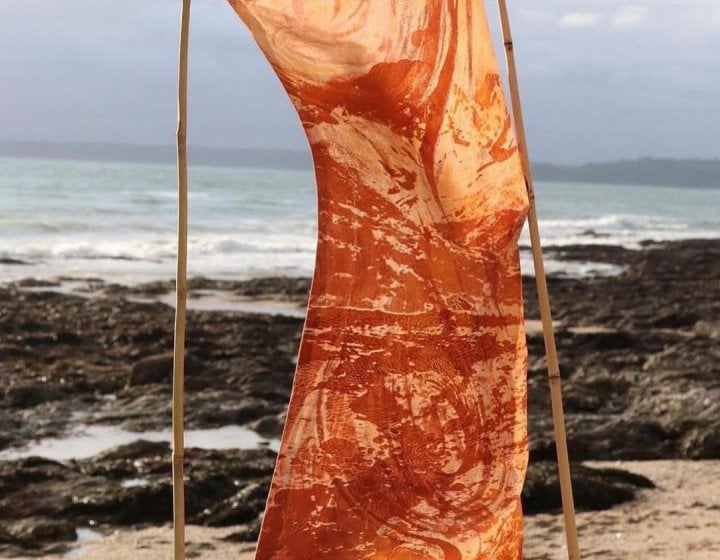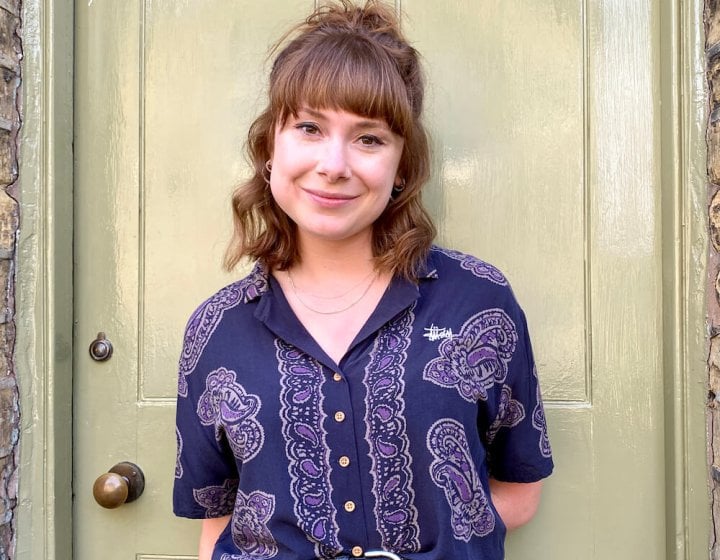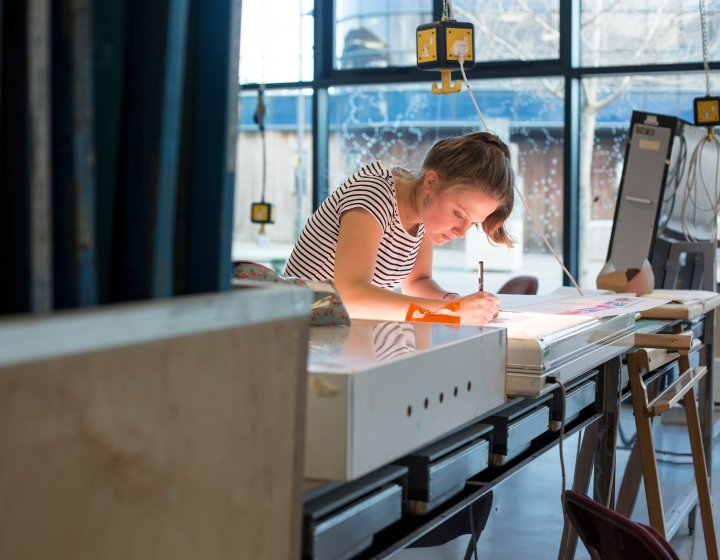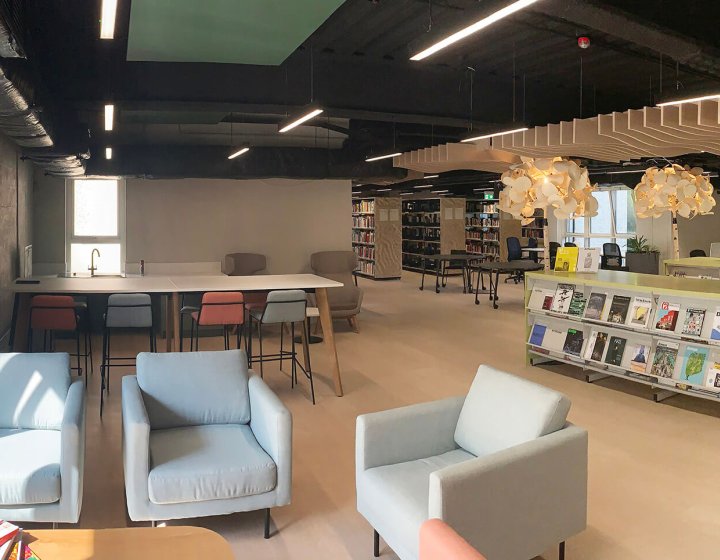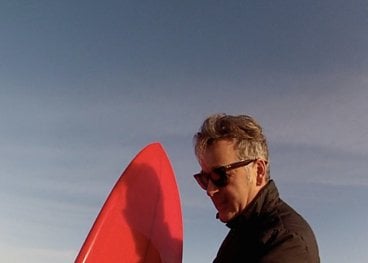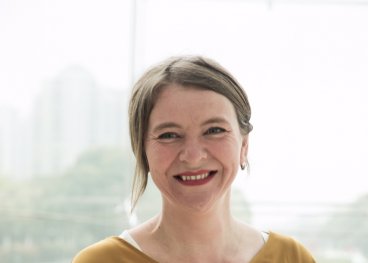Course overview
Join a new era in textile design, where the thread of sustainability runs through the creation of contemporary fabrics for fashion, interiors and art. On this Textile Design course, you’ll master traditional and digital processes as you innovate with weave, print and mixed media techniques, from 3D construction and natural dyeing to exquisite hand-embellishment with beading and embroidery.
Based in lively, industry-linked studios, on our Textile Design degree you'll be supported by professional designers and makers. You’ll develop confidence, technical expertise and critical judgment evidenced through your original and environmentally conscious textile designs.
You will:
-
Learn essential skills for woven, printed and mixed-media textiles, with sustainability embedded throughout
-
Work in fantastic facilities, using industry-standard kit such as industrial sewing machines, screen printing workshops, digital embroidery machines and weaving looms
-
Have opportunities to collaborate with degree students in areas such as fashion design, fashion marketing and interior design, across a range of projects
-
Take on live briefs set by companies such as The Natural Fibre Company, to boost your professional portfolio
-
Embrace artisanal, traditional craft methods – such as hand-dyeing using plants from our Dye Garden – alongside the latest mechanical and digital production techniques mirroring industry practice
-
Study at one of only six universities supported by the Worshipful Company of Weavers, which offers individual scholarships and educational grants
-
Have the chance to travel to events such as Première Vision, the international textile and trend forecasting show in Paris
Lead image: Megan Howell.
Similar courses
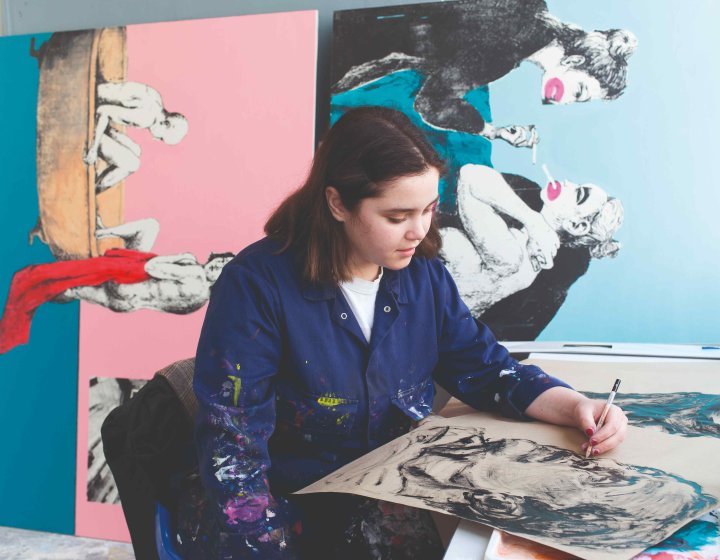
Fine Art BA(Hons)
This highly-respected course aims to support the development of your practice as it evolves over the...

Illustration BA(Hons)
Become adept at problem solving and creating your visual language on this Illustration degree, renow...
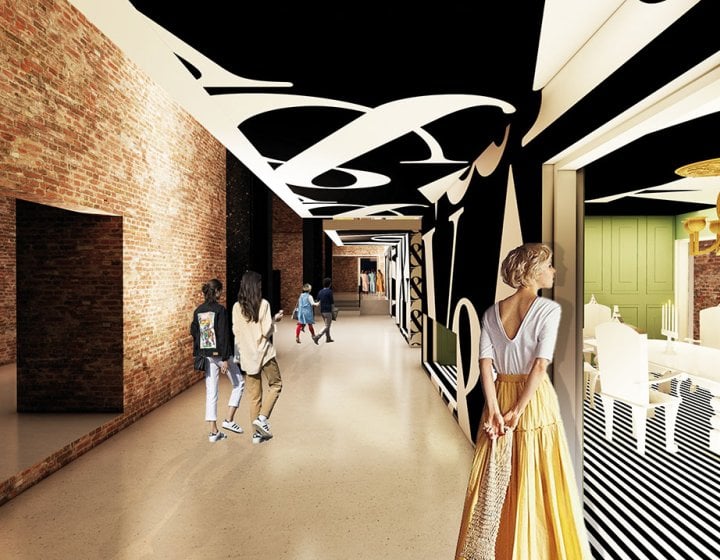
Interior Design BA(Hons)
Delve into the world of built spaces, interior environments and the people who inhabit them. Through...
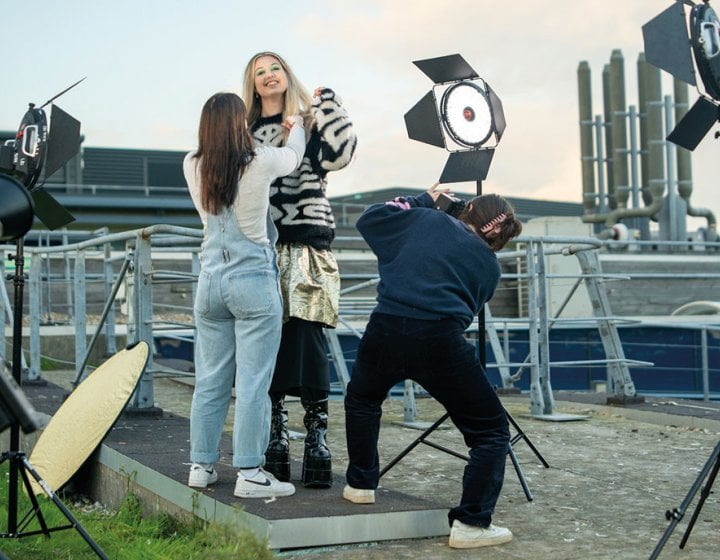
Fashion Styling & Art Direction BA(Hons)
Influence the shape of fashion as you take on the world of fashion styling. On this future-focused c...
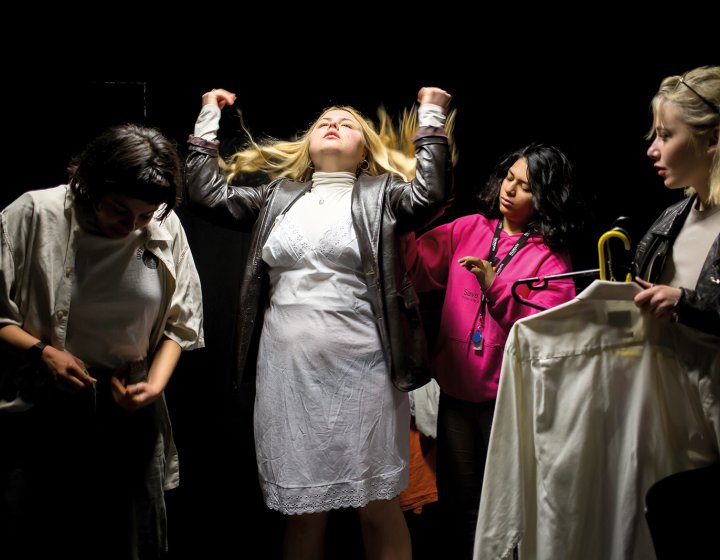
Costume Design for Film & Television BA(Hons)
On this dynamic course, you’ll cultivate the practical, creative and theoretical skills needed to ...
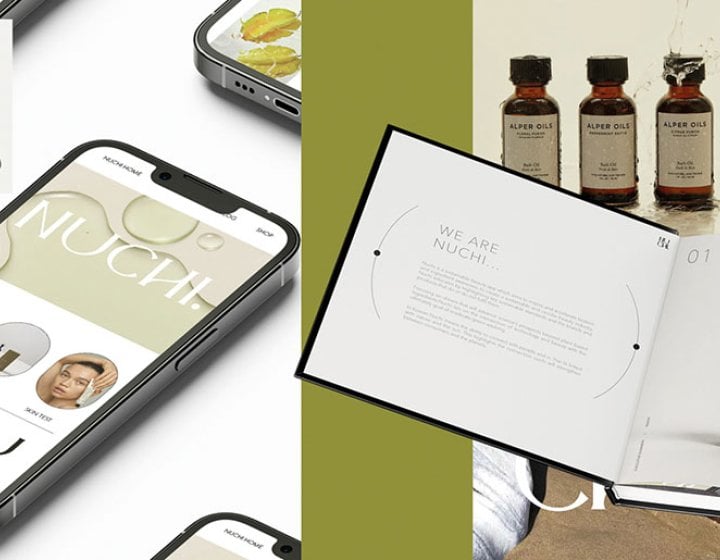
Fashion Marketing BA(Hons)
Blend your flair for communication and eye for fashion into a successful career as a fashion markete...

Fashion Design BA(Hons)
Turn heads and change minds as you steer the fashion industry toward a more sustainable future. Work...

Work by Alice Marple Horvat
Fashion Photography BA(Hons)
Develop your unique artistic voice and springboard into the industry as an innovative fashion photog...




